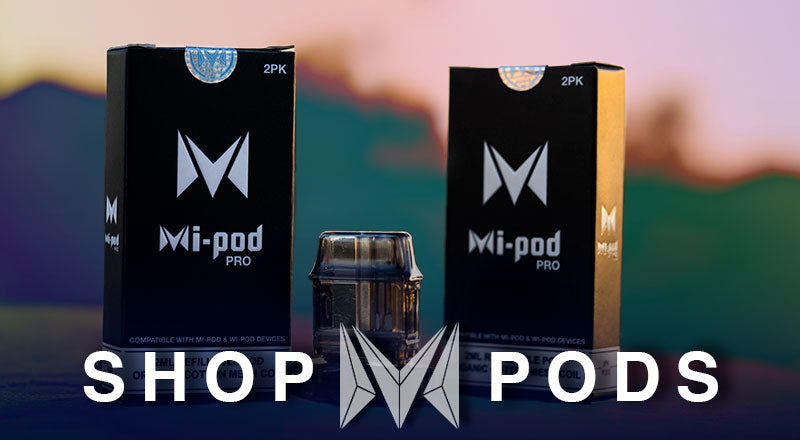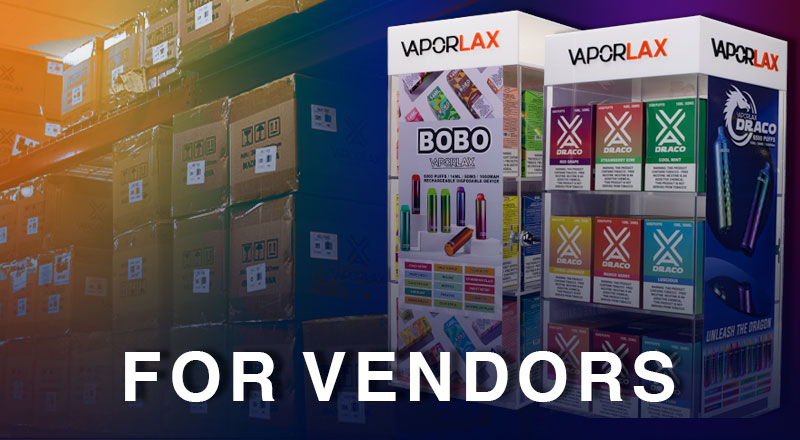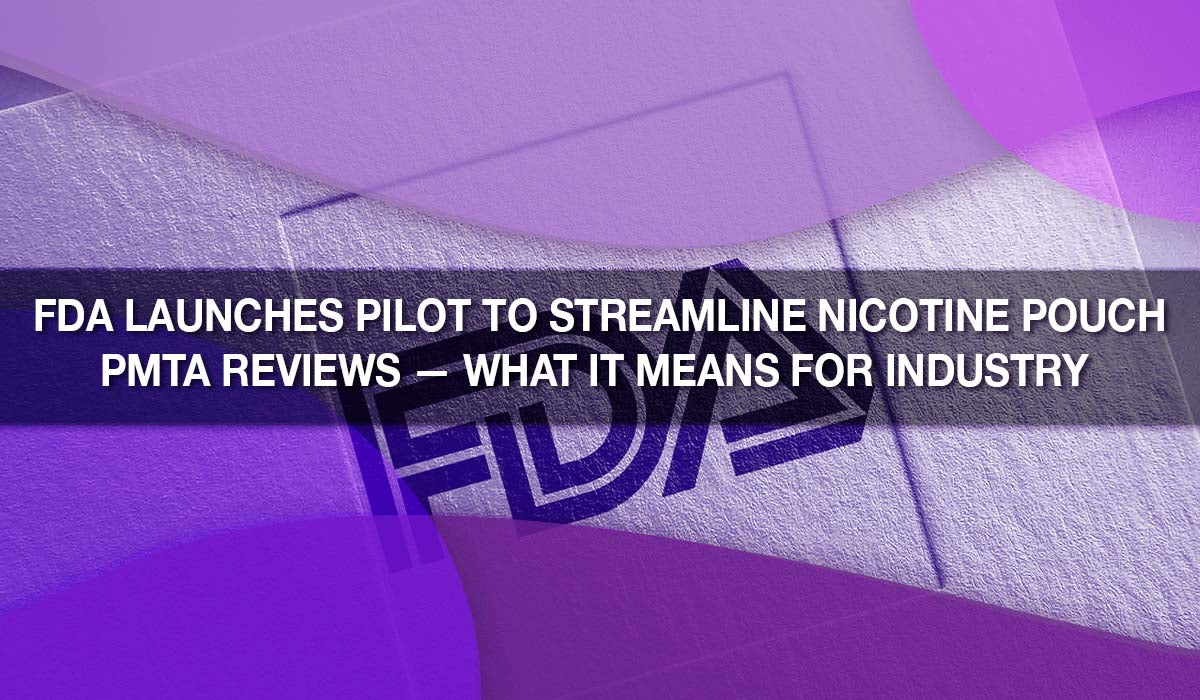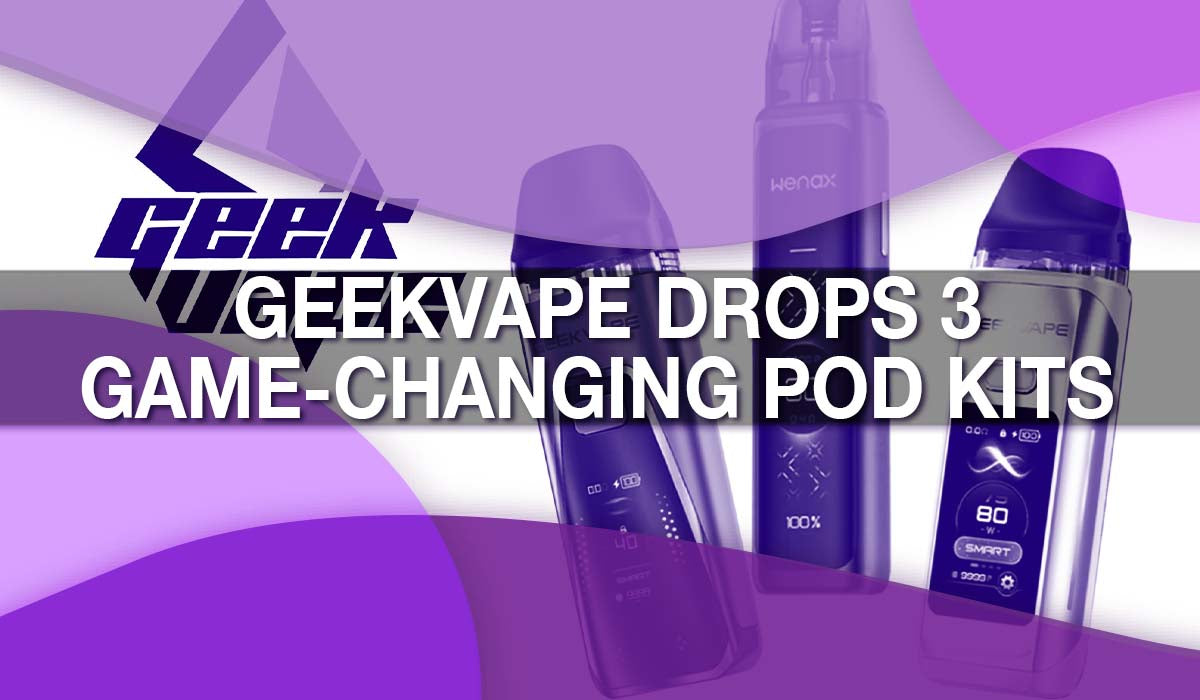Oregon Supreme Court to Decide Fate of Vape Packaging Rules
On October 8, the Oregon Supreme Court will hear a case that could reshape how vape shops and manufacturers across the state market their products. At the heart of the fight: whether state rules that ban words and images accurately describing vape flavors violate free speech rights under the Oregon Constitution.
How We Got Here
In 2017, Oregon lawmakers passed a bill banning packaging for “inhalant delivery systems” that could be considered “attractive to minors.” The Oregon Health Authority (OHA) implemented rules a year later, in September 2018, that went much further than many retailers expected.
The rules prohibited vape products — even those sold only to adults 21+ — from displaying:
Images of fruit, candy, desserts, or beverages
Characters such as cartoons, mascots, or celebrities
Shapes like animals, toys, or sports equipment
They also barred common descriptive words, including “apple,” “sweet,” “tart,” “cool,” “ice,” and “poppin’.” In practice, this meant that a store could legally sell an apple-flavored e-liquid, but could not use the word “apple” or show a picture of one on the package.
Violators faced steep fines: $500 to $15,000 per product, with a cap of more than $1 million per inspection.
One Shop Owner’s Long Legal Battle
Paul Bates, owner of Division Vapor in Portland, pushed back immediately. In December 2018, he filed a lawsuit against the OHA, arguing the rules violated the free speech rights of business owners under Oregon’s constitution.
His staff had been forced to spend hours each week applying stickers to cover “banned” images and words — despite the fact that no one under 21 was even allowed inside his stores.
The case has now stretched nearly seven years and climbed through every level of the Oregon court system:
2019: The state won in circuit court, upholding the rules.
2023: Bates appealed, and the Oregon Court of Appeals struck down the packaging restrictions.
2025: The state appealed again, bringing the case to the Oregon Supreme Court.
Bates’ legal team is supported by the Goldwater Institute, a free-market think tank known for litigating on behalf of small businesses.
Free Speech or Public Health?
The legal debate centers on whether the state can restrict accurate commercial speech in the name of protecting minors.
The state argues the restrictions are needed to prevent products that may appeal to youth.
Bates argues that banning words and pictures that truthfully describe legal products sold to adults is unconstitutional censorship. He stresses that the lawsuit isn’t about using deceptive marketing — only about being able to label products honestly.
What’s at Stake
The Oregon Supreme Court’s decision will have wide-reaching consequences:
For vape shops: The ruling could determine whether businesses can use accurate labels without fear of massive fines.
For manufacturers: It will shape packaging and branding strategies in Oregon, and potentially influence rules in other states.
For consumers: It may decide whether adults are able to easily identify flavors they want to purchase — or whether vague, generic labels remain the standard.
For regulators: The case could set precedent on how far states can go in limiting commercial speech in the name of public health.
The Bigger Picture
While Oregon has taken one of the strictest approaches to vape packaging, other states are watching closely. If the Supreme Court sides with Bates, it could embolden challenges elsewhere. If the state wins, regulators across the country may feel freer to adopt similar restrictions.
Either way, this case is more than a local dispute. It’s a test of where the line will be drawn between public health regulation and the constitutional rights of adult businesses to truthfully market their products.
⚖️ The decision will be one to watch on October 8 — not just for Oregon, but for the entire U.S. vaping industry.






Leave a comment
This site is protected by hCaptcha and the hCaptcha Privacy Policy and Terms of Service apply.